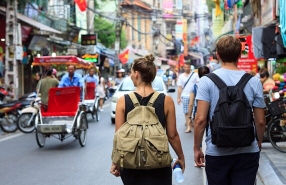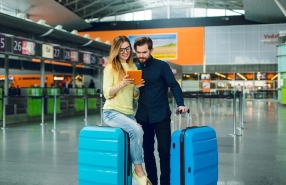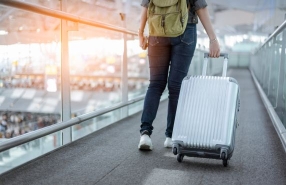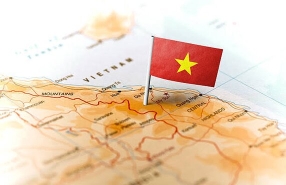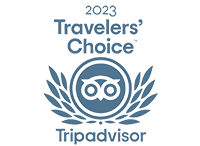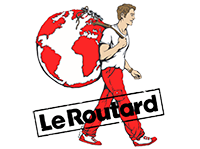Non-Authorized Medications In Vietnam - What Travelers Need To Know ?

Are you planning a trip to Vietnam and need to bring certain medications? Are you wondering if your treatments for a chronic condition can be carried on a plane or are allowed upon entry into the country? In fact, many travelers face difficulties because they are unaware that some products are classified as prohibited or non-authorized medications in Vietnam. This article clearly explains the rules to follow when traveling with medications to Vietnam: which products are restricted, what documents to prepare, and how to avoid any issues at customs. Following these guidelines will help ensure a smooth, stress-free, and fully legal stay while taking care of your health needs.
Table of Contents
I. Practical Case - Frequently Asked Questions
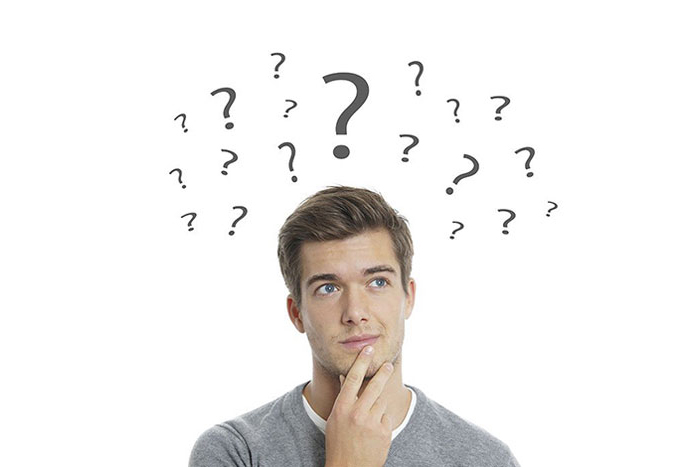
Questions like this are common among travelers with chronic illnesses. Many wonder whether they can bring their prescribed medications to Vietnam, especially when they include substances considered non-authorized or prohibited. Although Vietnamese regulations on medications prohibited in Vietnam may appear strict, there are clear administrative and medical procedures that allow travelers to comply with the law.
The following sections will provide detailed guidance, practical steps, and official recommendations to help travelers navigate these rules safely and ensure a smooth trip to Vietnam.
II. Understanding Vietnamese Regulations
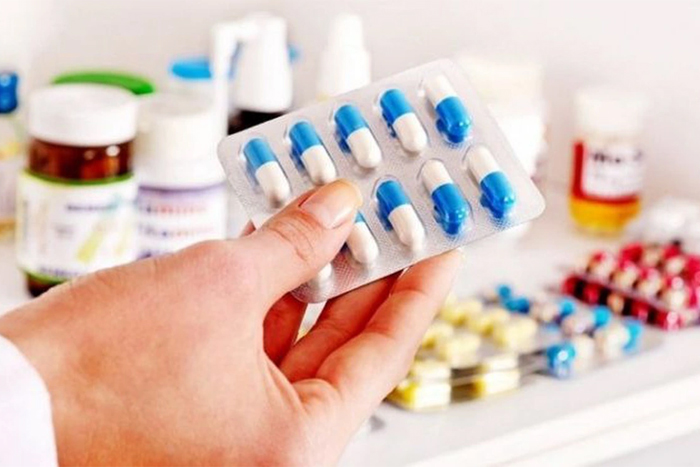
Before traveling to Vietnam with medications, it is essential to understand the local regulations. As in many countries, certain substances are strictly prohibited, even in small quantities or for personal use. Vietnamese authorities enforce strict laws to control medications containing narcotics, psychotropics, or substances classified as dangerous. This includes:
Painkillers containing opioids, even in low doses, such as codeine or morphine
Anxiolytics and sleeping pills, including diazepam, lorazepam, or zolpidem
Strong corticosteroids and steroidal anti-inflammatory drugs
Antidepressants or neuroleptics that are subject to control
Any medication listed as prohibited in Vietnam
👉 Why these restrictions?
Vietnam implements these measures to prevent drug trafficking and the misuse of controlled substances. The country places strong emphasis on public health protection and follows a zero-tolerance policy for illegal drugs. These restrictions also ensure that all pharmaceutical products used within Vietnam are safe, certified, and compliant with local standards.
III. Prohibited Medications in Vietnam: What You Need to Know
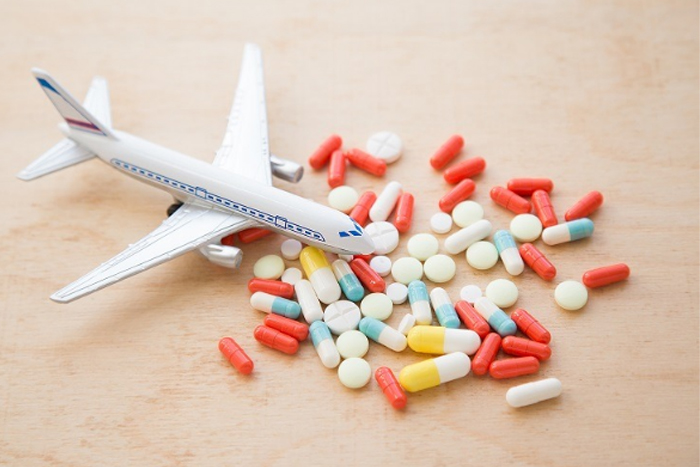
To avoid any issues at customs, it is important to know which medications are prohibited in Vietnam and the recommended steps to follow.
1. Medications strictly prohibited in Vietnam
Which medications are completely banned? These are products whose importation is strictly forbidden, even for personal medical use. They include:
Strong opioid painkillers, such as morphine, oxycodone, fentanyl, or hydrocodone
Psychotropic substances like LSD, ketamine, or high-risk benzodiazepines (e.g., Rivotril, Xanax, Valium, Temesta)
Medications containing cannabis extracts, THC, or non-medical CBD
Unlabeled products, without original packaging, or from unidentified sources
Even small quantities can lead to severe penalties at customs, including confiscation, fines, or criminal prosecution.
2. Restricted but authorized medications
Some medications are not banned but require special documentation:
Corticosteroids (prednisone, methylprednisolone) for inflammatory conditions
Antiepileptics (carbamazepine, lamotrigine)
Psychiatric treatments at low doses with medical supervision
Mild opioid painkillers (tramadol, codeine), when accompanied by a prescription and medical certificate
In these cases, travelers must declare the medications at customs and present all necessary documentation. Entry is then subject to the discretion of Vietnamese health authorities
III. Practical tips for a smooth trip to Vietnam

1. Steps to take before departure
Step 1 - Check the classification of your medication
Visit the Vietnam Ministry of Health (MOH) website or contact the Vietnamese embassy in your country.
Confirm whether your treatment is listed among prohibited or non-authorized medications in Vietnam.
Step 2 - Prepare medical documents
Original prescription (in English or French)
Medical certificate stating your diagnosis and necessity of the treatment
English translation if possible, to ease customs checks
For stays longer than three months, it is recommended to consult a local doctor upon arrival for a Vietnamese prescription equivalent
2. During the flight and upon arrival in Vietnam
📦 Transporting your medications
Keep medications in their original packaging with visible labels
Carry them in your hand luggage, never in checked baggage
Avoid mixing different medications in a single container
Keep your prescription accessible
Never transport medications for someone else
🛃 Declaration at customs
If unsure about a medication, declare it voluntarily
Present your medical documents
Calmly explain your situation if questioned
If medications are confiscated, lost, or missing:
Visit an international clinic in Hanoi, Ho Chi Minh City, or Da Nang
Show your prescription to get a legal Vietnamese equivalent
For urgent cases, contact your embassy for assistance
Some Vietnamese pharmacies offer local equivalents, but never buy without a prescription
Following these guidelines ensures that traveling with medications in Vietnam is safe and stress-free. With the right precautions - original packaging, translated prescriptions, and declaration at customs - you can fully enjoy your trip without worry.
We hope this information on medications prohibited in Vietnam and local regulations will help you prepare for a safe and worry-free trip. Traveling with a medical treatment requires some caution, but by taking the right steps bringing a translated prescription, keeping medications in their original packaging, and declaring them at customs - you can enjoy your journey with peace of mind.
At Autour Asia, Vietnam tour agency, we support every traveler in planning their adventure, providing reliable advice and guidance tailored to your needs. Feel free to consult our guides or contact us for assistance in organizing a safe and hassle-free trip to Vietnam.
> How to apply evisa Vietnam?
> Vietnam checked baggage
> 15-day Vietnam itinerary
> 2 weeks in Vietnam
Vietnam Travel Tips: Before entering Vietnam, it’s essential to plan your trip carefully to avoid any inconveniences. Make sure your passport is valid for at least six months beyond your entry date, and check whether you need a visa depending on your nationality.
It’s also wise to purchase travel insurance that covers medical expenses, get the recommended vaccinations (such as Hepatitis A or Typhoid), and review the regulations on bringing medications into the country.
Prepare some local currency (Vietnamese dong) or an international bank card, as well as copies of your important documents. Finally, familiarize yourself with the weather, local customs, and useful travel apps to make your stay in Vietnam smoother and more enjoyable.
You can easily buy a SIM card as soon as you arrive in Vietnam. The international airports of Hanoi (Nội Bài) and Ho Chi Minh City (Tân Sơn Nhất) have several kiosks offering tourist SIM cards with unlimited Internet or short-term data packages.
You can also purchase one at the official stores of major operators such as Viettel, Vinaphone, or MobiFone, which are available in all major cities.
Remember to bring your passport when buying a SIM card, as it is required for registration.
Vaccines for Vietnam travel ? No vaccines are legally required to enter Vietnam, except for travelers arriving from a country where yellow fever is endemic - in that case, a vaccination certificate will be requested upon entry. However, several vaccines are strongly recommended to ensure safe travel: diphtheria, tetanus, poliomyelitis, whooping cough, as well as vaccines against hepatitis A and B, typhoid, and rabies for long stays or travel in rural areas. For travelers staying several months or in close contact with the local population, health authorities also recommend vaccination against Japanese encephalitis. Before departure, it is advisable to consult an international vaccination center to tailor your protection to your itinerary and the duration of your stay.
Related travel guide
Other similar articles
CUSTOMIZABLE BY LOCAL EXPERTS
Personalized trip at the original price!
REFUND GUARANTEE
We believe in our work and promise to give you money back.
GOOD PRICE / QUALITY
95% satisfied more than expected!
24/7 LOCAL SUPPORT
We are always available online to provide assistance at any time.
Most read articles
Autour Asia is highly recommended on
Embracing the mission of "Satisfied more than expected" and providing authentic experiences, we have received numerous recommendations on reputable travel forums:











